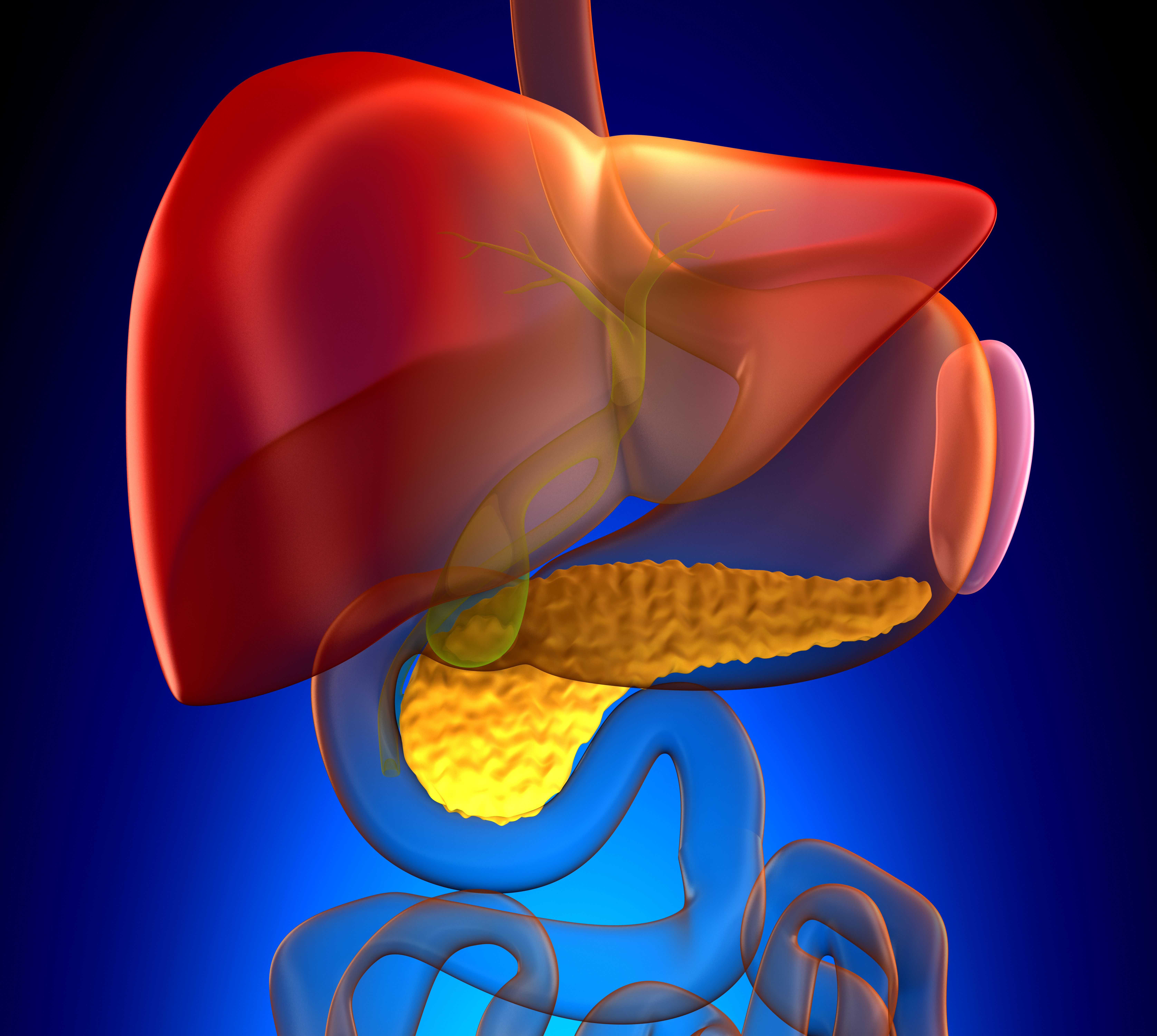Avutometinib/Defactinib Combo May Elicit Efficacy in Metastatic PDAC
Ten of 12 patients with metastatic pancreatic ductal adenocarcinoma given the recommended phase 2 dose of the combination regimen had a response.
The developers are planning a registrational phase 3 study evaluating the combination as frontline therapy for metastatic PDAC in 2026.

Avutometinib plus defactinib (Avmapki Fakzynja Co-Pack) in combination with gemcitabine and nab-paclitaxel elicited efficacy as a frontline therapy in a small cohort of patients with metastatic pancreatic ductal adenocarcinoma (PDAC), according to a news release on findings from the phase 1b/2a RAMP 205 trial (NCT05669482) from the drug’s developer, Verastem Oncology.1
Efficacy findings from the trial revealed that among 12 patients given the recommended phase 2 dose (RP2D) of the combination therapy, 10 had a response, for an overall response rate (ORR) of 83% as of the data cutoff date of April 25, 2025. Among responders, all achieved partial responses, of which 8 were confirmed. The RP2D was 2.4 mg of avutometinib biweekly, 200 mg of defactinib twice daily for three 4-week cycles, as well as 800 mg/m2 of gemcitabine and 125 mg/m2 of nab-paclitaxel on days 1, 8, and 15.
Additionally, the RP2D demonstrated the highest response rate across 5 dose cohorts, and 92% (n = 48 of 52) of all evaluable patients showed tumor reduction as a best response in phase 1a of the trial. The adverse effect (AE) profile of the individual agents remained consistent with their known safety profiles, and no new signals had emerged.
The phase 1a portion of the study met its predefined criteria for advancement, and the phase 2b trial is enrolling a maximum of 29 patients at the RP2D. Furthermore, developers are planning a registrational phase 3 study evaluating the combination as frontline therapy for metastatic PDAC in 2026.
“The exciting results from the RAMP 205 trial reinforce our commitment to maximizing the synergistic potential of the avutometinib plus defactinib combination in other advanced solid tumors for market expansion opportunities beyond KRAS-mutated recurrent low-grade serous ovarian cancer, for which the combination recently became the first-ever FDA-approved treatment for this disease," Dan Paterson, president and CEO of Verastem Oncology, said in the news release.1,2
As of data cutoff, 60 patients 18 years or older with metastatic PDAC were treated across 5 dose cohorts of the avutometinib/defactinib combination regimen in the phase 1b portion of the trial. Those in the phase 2a portion in the trial were treated with the RP2D regimen.
The primary end point of the phase 1b portion of the trial was to determine the RP2D of avutometinib/defactinib plus gemcitabine and nab-paclitaxel.3 The primary end point of the phase 2a portion was confirmed ORR of the RP2D regimen. Secondary end points included duration of response, disease control rate, progression-free survival, overall survival, pharmacokinetics, and safety.
Avutometinib was developed as a MEK kinase inhibitor that blocks the compensatory reactivation of MEK by upstream RAF. Blocking either RAF or MEK activates FAK, which mediates drug resistance. Defactinib, a FAK inhibitor, is being evaluated in combination with avutometinib to collectively block signaling that drives the growth and drug resistance of RAS/MAPK pathway–dependent tumors.
Patients enrolled in the phase 1b/2a trial had histologically or cytologically confirmed metastatic PDAC, an ECOG performance status of 0 or 1, and measurable disease according to RECIST v1.1 criteria. Those eligible for enrollment also had adequate organ and cardiac function.
Exclusion criteria included presence of pancreatic neuroendocrine tumors, prior or concomitant treatment for metastatic PDAC, previous RAS/MAPK pathway inhibition or FAK inhibitors, or a history of previous malignancy, excluding those treated curatively. Additionally, patients were excluded from enrollment if they had major surgery within 4 weeks of study initiation, except for placement of vascular access; concurrent heart disease or obstructive pulmonary disease; concurrent ocular disorders; or respiratory disorders including interstitial lung disease, pulmonary fibrosis, severe lung disease, pulmonary edema, or adult respiratory distress syndrome.
References
- Verastem Oncology announces positive updated results from RAMP 205 evaluating avutometinib plus defactinib in combination with standard-of-care chemotherapy in frontline metastatic pancreatic ductal adenocarcinoma. News release. Verastem Oncology. May 22, 2025. Accessed May 27, 2025. https://tinyurl.com/3c4bct24
- FDA grants accelerated approval to the combination of avutometinib and defactinib for KRAS-mutated recurrent low-grade serous ovarian cancer. FDA. May 8, 2025. Accessed May 27, 2025. https://tinyurl.com/ywyd4ps3
- Study of avutometinib (VS-6766) +defactinib with gemcitabine and nab-paclitaxel in patients with pancreatic cancer (RAMP205). ClinicalTrials.gov. Updated May 18, 2025. Accessed May 27, 2025. https://tinyurl.com/547afpwt